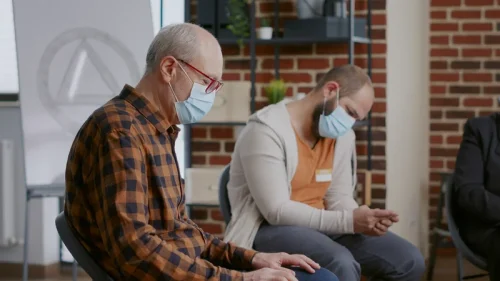
An alcohol allergy occurs when the immune system overreacts to alcohol entering the body. However, if you have a serious reaction or severe pain, see your doctor. Also, if your symptoms seem to be linked to an allergy or a medication you’re taking, see your doctor. If you find that straight spirits make you sneeze, try diluting them with water or soda before you drink them.

Can Beer Damage the Throat?
However, a person is usually allergic or intolerant to certain ingredients in the drink, rather than the alcohol itself. Sulfites are preservatives, and most countries permit their addition to alcoholic drinks such as beer and wine. However, some people may experience allergy-like reactions after consumption.

What Are the Immediate and Long-Term Health Benefits After You Stop Drinking Alcohol?
This will help you avoid that ingredient in other products. In the most severe cases, a food or drink allergy alcohol and sneezing can lead to anaphylaxis. If you have any of these symptoms, you should seek emergency medical care.
Why Do I Sneeze When I Drink Alcohol?
You should never ignore the symptoms of an allergic reaction. If left untreated, an allergic reaction can quickly become worse. Nonallergic rhinitis involves sneezing or a stuffy, drippy nose. It can be a long-term problem, and it has no clear cause.
It means you have to take great care in reading labels and choosing foods and drinks. Sneezing has become a more common symptom of COVID-19, especially as new variants emerge. It is also common in vaccinated people who experience a milder case of the disease. Regardless of vaccination status or COVID-19 variant, symptoms are generally similar and experienced from mild to severe. Researchers are exploring the complex relationship between alcohol and allergic reactions. Some signs of anaphylaxis include swelling, itching, tightening of the throat and mouth, a weak or rapid pulse, fainting, shock, and loss of consciousness.
- They can assess symptoms and prescribe additional treatments.
- An allergic reaction might not occur the first time a person encounters an allergen.
- Alcohol intolerance occurs when your body doesn’t have the proper enzymes to break down (metabolize) the toxins in alcohol.
- This can lead to sneezing as well as a runny or stuffy nose.
- Alcohol-induced respiratory symptoms are common in patients with aspirin exacerbated respiratory disease.

These problems make it difficult for the body to break down alcohol properly. A true allergic reaction happens when your immune system goes into overdrive to attack something it sees as a threat. Allergic reactions can cause hives, facial swelling, nausea, and vomiting. They can also lead to life-threatening reactions like anaphylaxis.

What Does It Mean to Have a Beer Allergy?
Follow your healthcare provider’s advice about caring for yourself and staying home. Ask your healthcare provider about additional treatments if you are over 65 or have a chronic medical condition. If you must leave home, wear a mask to reduce the risk of passing the virus to others.

Recent Comments